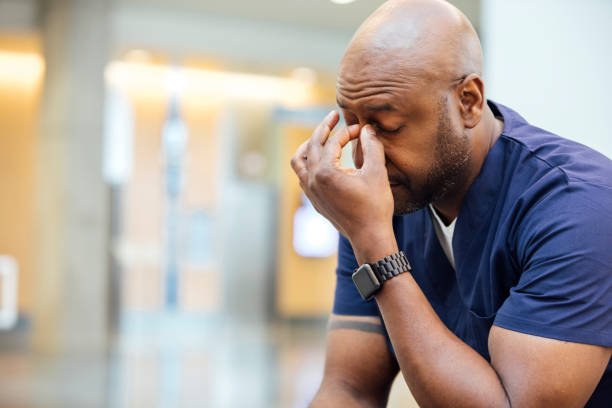
Researchers are still attempting to determine why some individuals suffer from migraines while others do not.
How to Handle a Migraine Right Now
You may try to ease migraine episodes, but they will still occasionally occur. Read more to discover what you may do to lessen your discomfort if a migraine occurs.
Researchers do understand that certain triggers may cause migraines in specific individuals.
Avoiding such triggers might reduce your chances of developing a migraine.
Below are some common triggers to avoid.
1. Don’t Keep Doing Things that Give You Headaches
Migraine triggers differ from person to person. Once you’ve recognized yours, avoid them or talk with your doctor about ways to best manage them.
Exercise, stress, drugs, and exhaustion are examples of common triggers.
Women often get migraines because of hormonal changes right before menstruation.
Migraines can be triggered by caffeine, alcohol, and foods like chocolate, cheese, cured meats, artificial sweeteners, and other foods with pungent odors.
RELATED: Why Am I Tired All The Time: 7 Serious Reasons
2. Do Not Miss Meals
A migraine can be triggered by being so hungry that you feel wobbly. Some researchers think that low blood sugar levels may cause brain alterations that trigger migraines.
3. Take Pain Relievers for No More than Three or Four Days
Aspirin, ibuprofen, acetaminophen, or a combo of caffeine, aspirin, and acetaminophen may help








